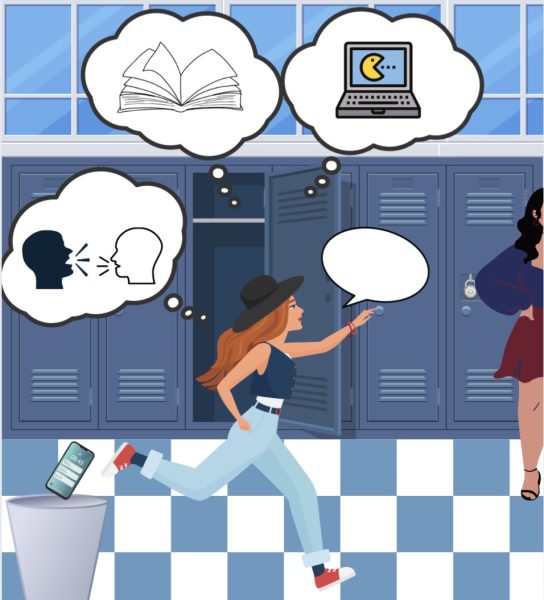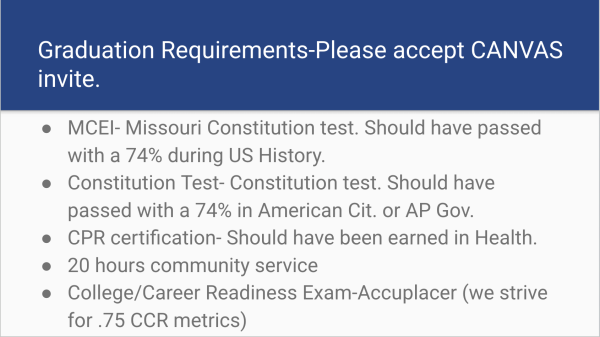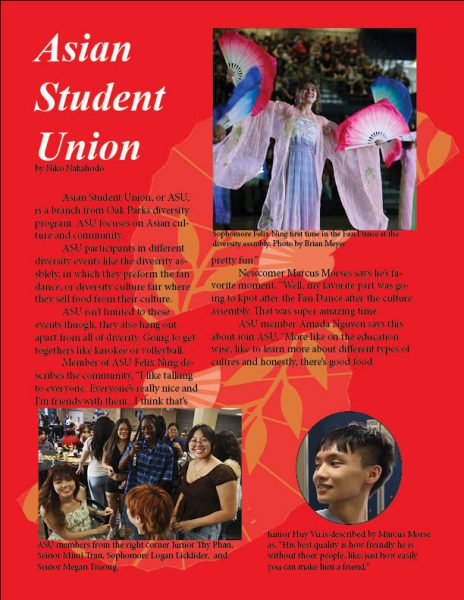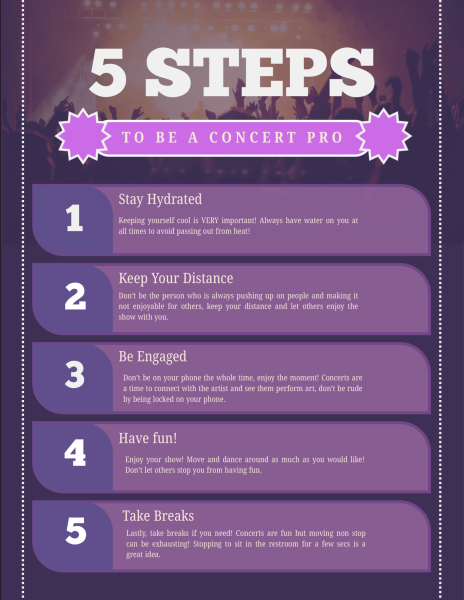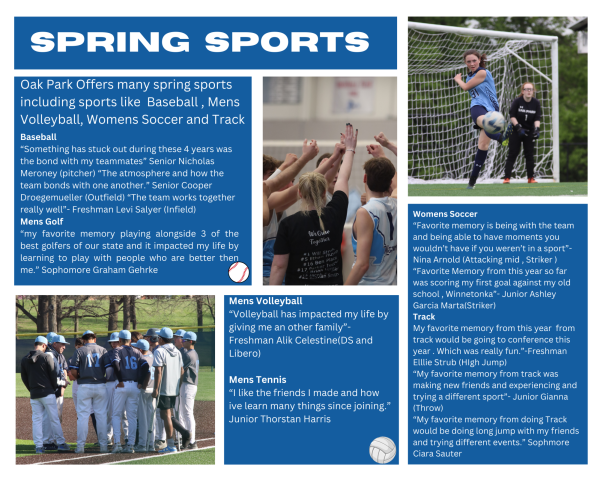Religious faith draws discrimination
She could feel his eyes glaring into hers as she walked out from her local Wal-Mart, knowing very well what was about to happen. The man stopped her, got in her face and yelled,”go back to your country.”
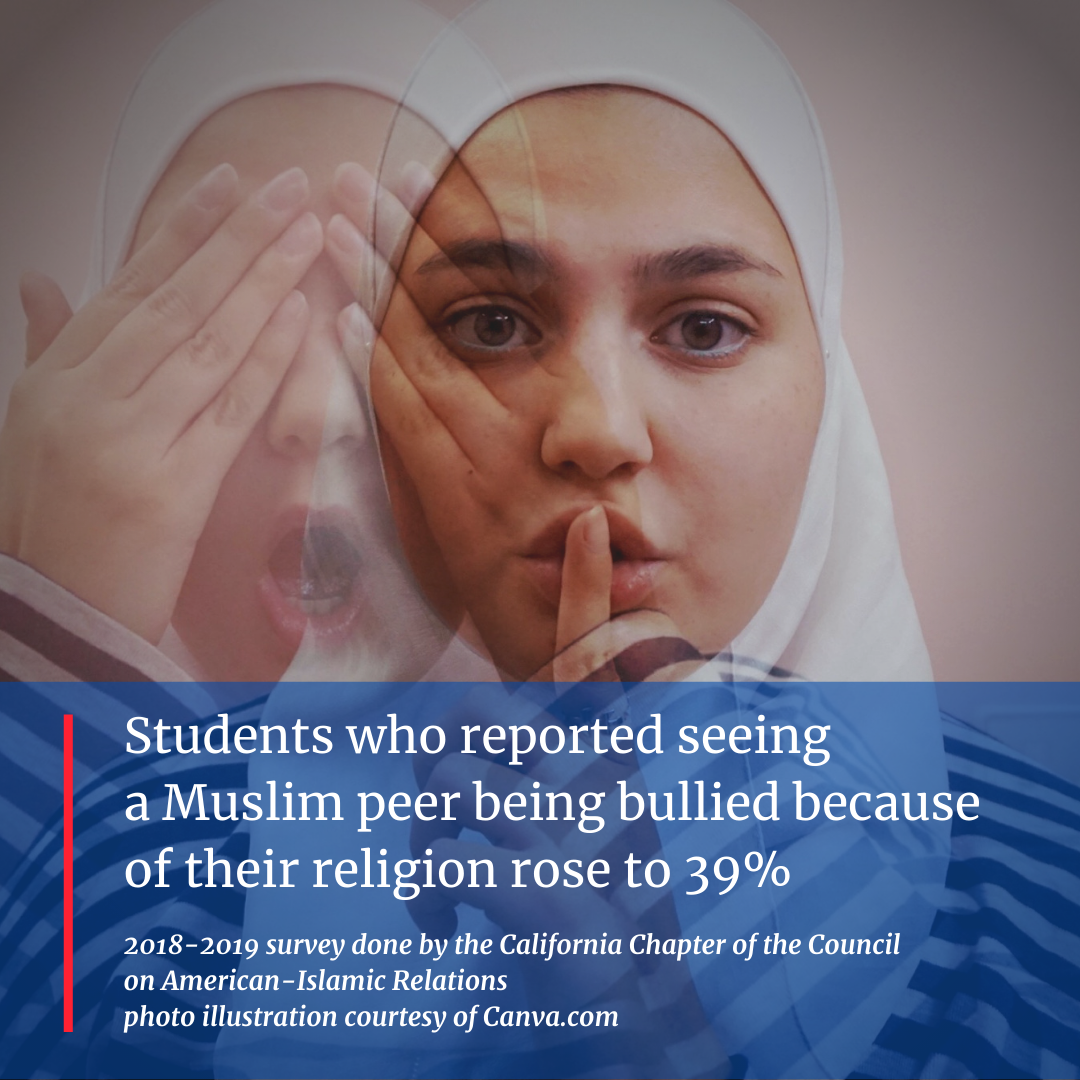
“I was scared for my life and didn’t know what would happen. I squeezed my children’s hands while I stood there listening to this random man cussing me out because I wore a hijab,” said local mother Ilhaam Abu, a Muslim by faith.
Many Muslim females experience this discrimination each and every day. In 2017, reports by the ACLU have shown that 69% of Muslim females reported at least one act of discrimination. Similar to Abu’s story, in 2017 Emirjeta Xhelili of Brooklyn, NY, 32 was arrested after hitting a Muslim woman in the face, attempting to rip off her hijab in the process, also intentionally knocking her stroller with her 11-month-old child to the ground, luckily no one was seriously injured.
“It happens so often it doesn’t really get to me,” said junior Aisha Mohamed.
Though she is a full-time hijab-wearing female. Mohamed has had the luck of not experiencing too much discrimination unlike some females her age. 40% of California students ages 12-18 reported some form of bullying due to their religion in 2017, according to the National Center for Education Statistics.
“It can be uncomfortable when there isn’t another Muslim in the room to back you up,” sophomore Hafsah Khan said.
Students who reported seeing a Muslim peer being bullied because of their religion rose to 39%, according to the 2018-2019 survey done by the California Chapter of the Council on American-Islamic Relations. That’s up from 2016, when 19% of students reported seeing other classmates being bullied for being Muslim.
“I remember it was sunny outside,” said Layla Omar, a Muslim woman and mother of three. “I was sitting on the KC Street Car after a long day of work when a man approached me and sat next to me, at first I thought nothing of it until he turned to me and started asking me a bunch of questions about my religion like: “Why do you wear that thing?” and “Are you not allowed to take it off?” He then tried to take my hijab off of my head. Luckily, I was able to get up and away from him. All while this was happening a man and woman nearby just stood there and ignored me as if nothing was happening. It disgusted me.”
Muslim females realize that unlike other religions they must have an extensive knowledge of their religion because they’ll be asked questions others may not receive. To someone not experiencing this themselves it may come off as harmless while in reality these females are harassed or bullied right in front of their eyes.
According to an article from The Conversation, most Islamophobic attacks occurred in public, and yet only 14% of bystanders got involved or intervened. Out of fear of being attacked or harassed, most Muslim females resort to just staying at home or avoiding confrontational situations altogether.
“When my family went on road trips, we would always make the boys get out the car to go into the gas station out of fear of hate crimes,” said senior Farhiya Hussein.
Hate crimes toward Muslim females have always been a thing, but it wasn’t until after a specific date that they really increased: 9/11.
“My mother did not leave the house for two years except for when giving birth to my brother after 9/11,” said Mahrukh Jamal, a student at UMKC.
In the year 2000, the number of hate crime cases toward Muslims was only 28 recorded cases in the U.S., but in the next year they jumped to 481 cases according to figures gathered by the FBI. While anti-Muslim hate crimes used to be the second-least reported type of religious-biased incidents, they quickly became the second-highest reported. Muslims spoke out about being shamed and physically assaulted in public.
According to an article written by Rana Elmir, on Sept. 9, 2016, a 35-year-old Muslim woman stood outside a Valentino store when she felt some heat on her side. Her blouse was on fire and a man stood by with a lighter in his hand. The woman escaped with a hole in her blouse but no injuries.
“If it weren’t for the events on 9/11, we would not be going through a lot that we’ve had to face today,” Hussein said.
Even today, 82% of American adults agree that Muslims are subject to at least some form of discrimination according to a 2019 report done by David Masci.
“Not all Muslims are the same, and if people took the time to talk to a Muslim they would realize this too,” Abu said.

